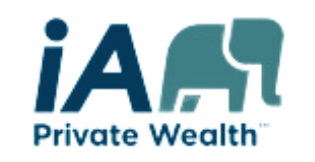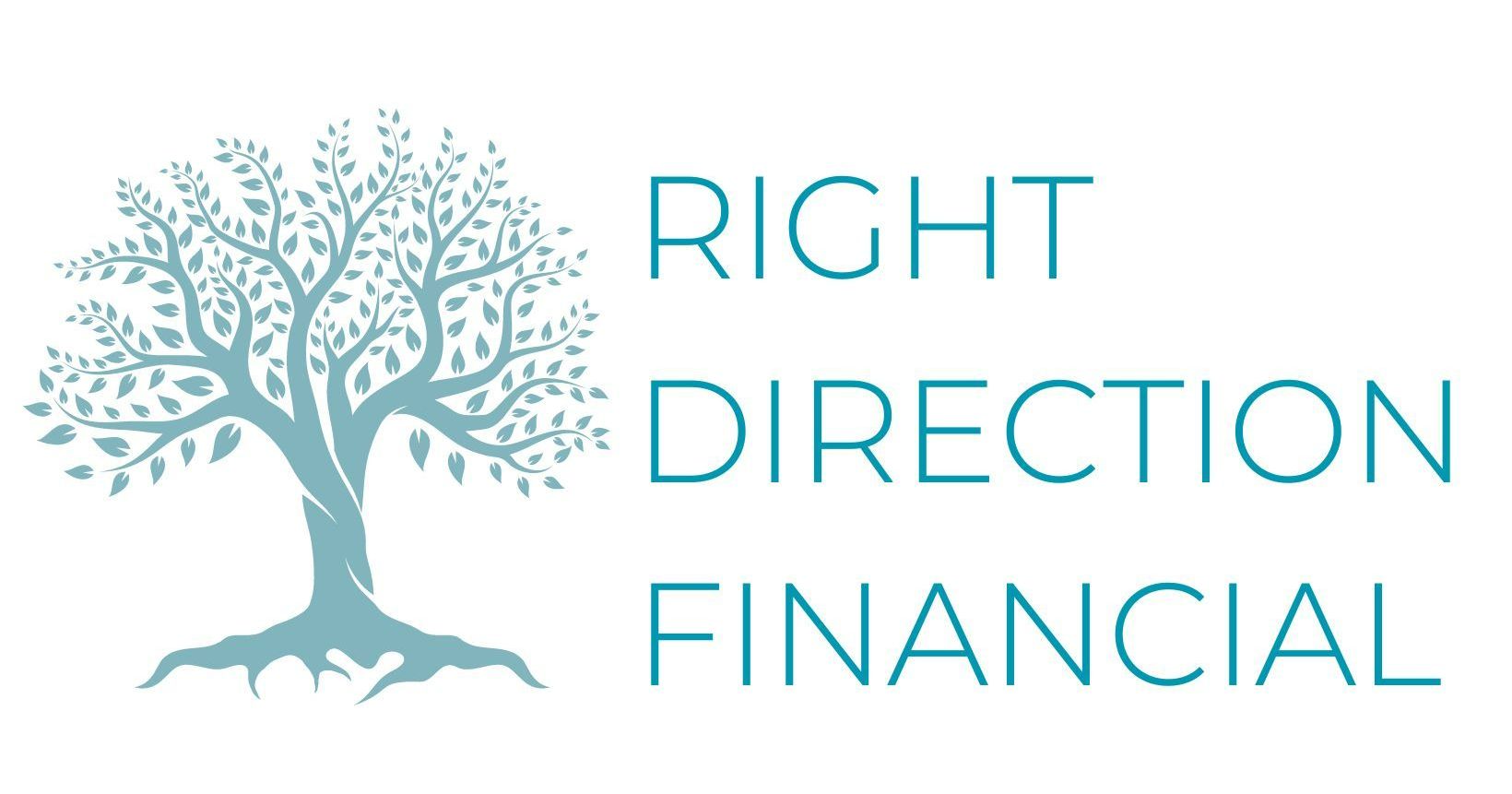Budget 2025 is more about tightening rules and cleaning up legislation than making major tax shifts.
Trusts & Estate Planning:
21-Year Rule – What It Means
- Every 21 years, a personal trust is treated as if it sold its investments — which can trigger tax.
- Families often avoid this by transferring assets out of the trust to beneficiaries on a tax-deferred basis.
- The government is tightening rules to stop indirect transfers that try to reset the 21-year clock.
- These expanded rules apply to transfers made on or after November 4, 2025.
Life Insurance and Trusts
- Life insurance is not affected by the 21-year rule.
- It can also help provide cash to pay taxes when trust assets eventually pass to the next generation.
Personal Tax Changes:
Personal Support Workers Tax Credit
- New refundable credit for eligible personal support workers:
- Worth 5% of eligible income, up to $1,100 per year.
- Applies 2026–2030.
- Not available in BC, Newfoundland & Labrador, or NWT, as these provinces already have wage-support agreements.
Top-Up Tax Credit
- As tax rates on the first income bracket drop over the next two years, most non-refundable credits would become slightly less valuable.
- This new Top-Up Credit ensures credits claimed above the first tax bracket keep their value at 15% (through 2030).
Automatic Tax Filing for Low-Income Canadians
- CRA will be allowed to automatically file returns for individuals with very low incomes.
- Before filing, CRA will send the person a summary and give them 90 days to confirm or update.
- Designed to:
- Increase access to benefits
- Reduce the cost and burden of filing
- Improve compliance
- Begins for 2025 tax year (filing may occur in 2026).
Changes to Registered Plans (RRSP, TFSA, RESP, RDSP, FHSA, DPSP)
Simplified Rules for Small Business Investments
Effective January 1, 2027:
- Rules will be streamlined so all plans follow the same framework.
- RDSPs gain more investment flexibility.
- Some older, more complicated investment structures will no longer qualify.
Registered Investment Regime Removed
As of January 1, 2027:
- The old “registered investment” status is being eliminated.
- New categories will allow most funds to continue qualifying without needing CRA registration.
- This should simplify investment selection for Canadians.
Other Notable Updates
- Registered plan definitions consolidated and simplified.
- Canadian Entrepreneurs Incentive has been officially cancelled.
Business Tax Measures:
Corporate Tax Deferral Rules Tightened
- New rules aim to reduce tax deferral through intercorporate dividends when corporate year-ends don’t align.
- Mostly affects corporate groups with investment income or holding companies.
- Applies to taxation years starting after November 4, 2025.
Immediate Expensing for Manufacturing Buildings
- Temporary 100% deduction for buildings used 90%+ for manufacturing or processing.
- Applies to new buildings first used before 2030 (with reduced rates through 2033).
Real Estate & Sales Taxes:
Underused Housing Tax Eliminated
- Eliminated starting 2025.
- No filing or payment required for 2025 and onward.
- Requirements still apply for 2022–2024.
Luxury Tax Updates
- Luxury tax on aircraft and boats is eliminated immediately.
- Luxury tax on automobiles remains.
What Was Not Included:
Budget 2025 did not introduce
- A wealth tax
- Changes to capital gains inclusion beyond what’s already announced
- Corporate tax rate changes
- Higher personal tax rates
- RRIF minimum withdrawal changes
Big Picture Takeaway:
Budget 2025 is more about tightening rules and cleaning up legislation than making major tax shifts.
For most Canadians, the impact will be modest — but there are meaningful updates for families using trusts, business owners, and registered plan investors.
If you would like to know how any of these changes might affect your financial plan, we’re here to help.
Source: www.canada.ca


















